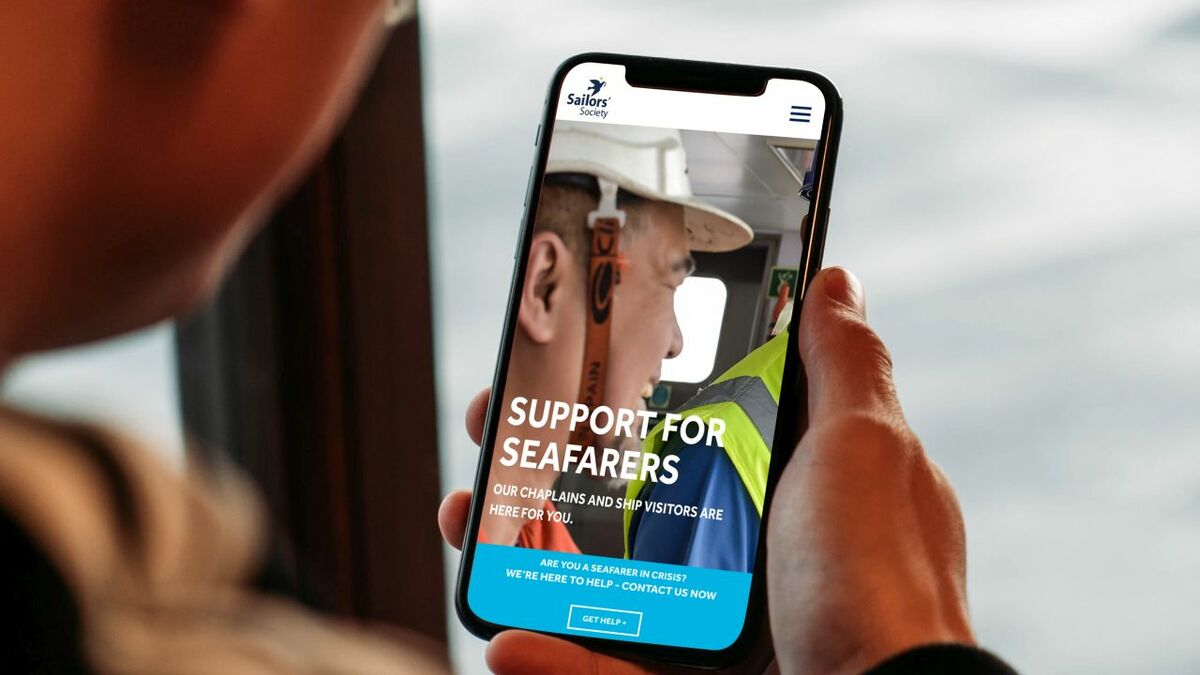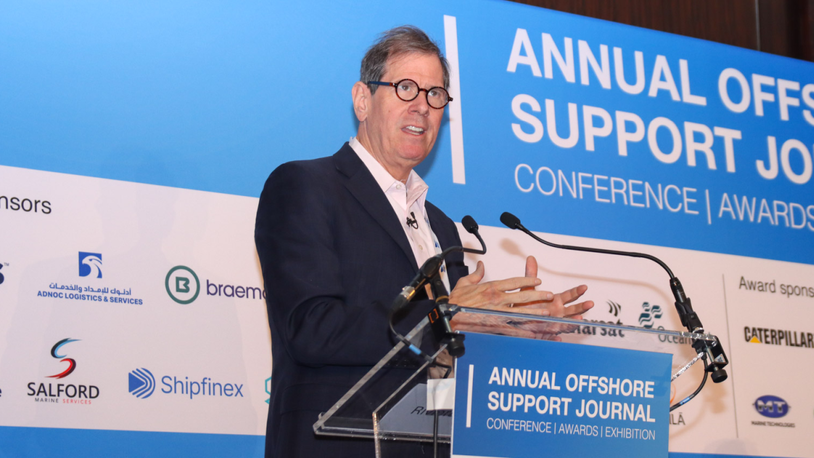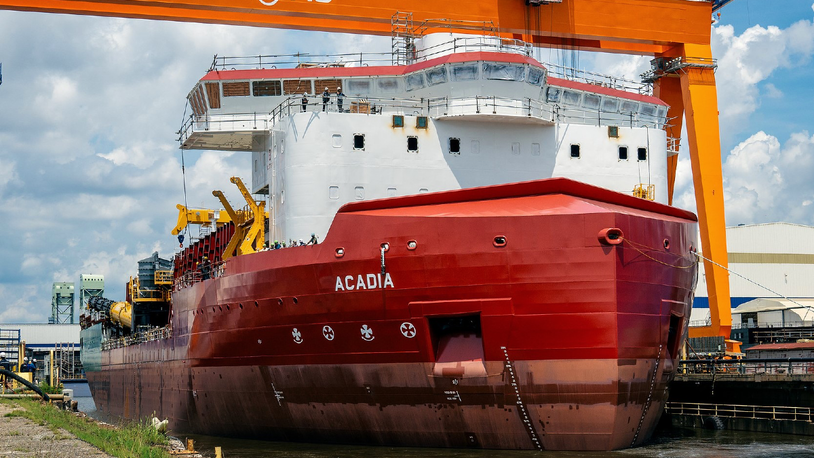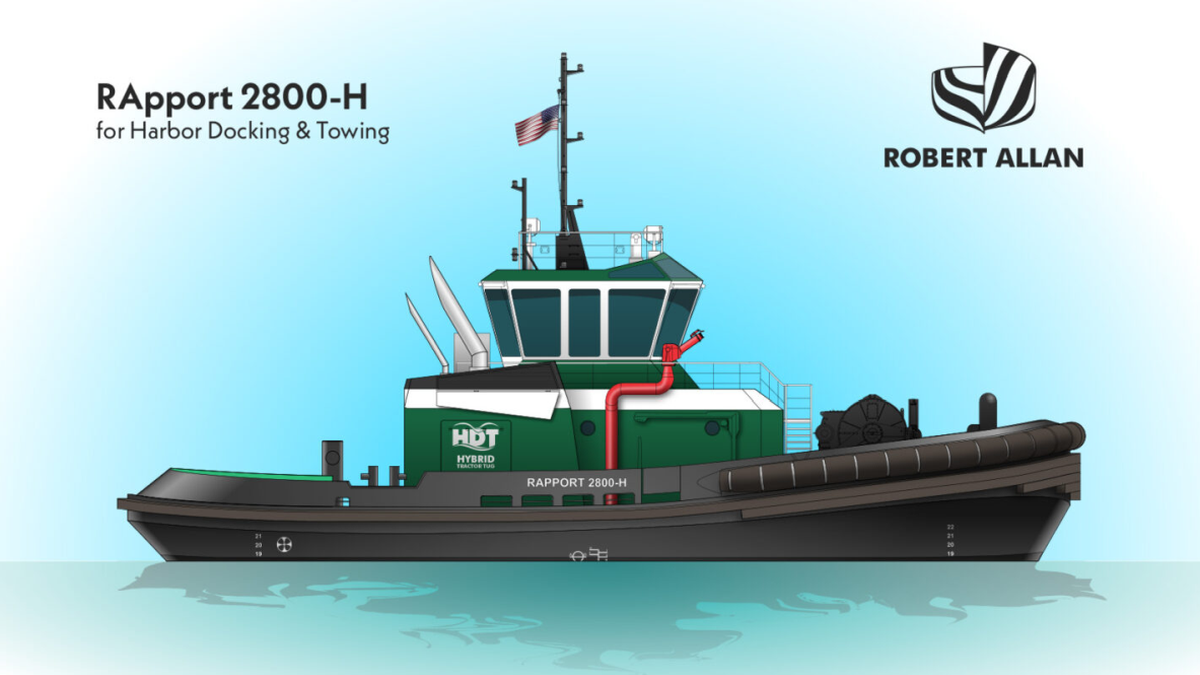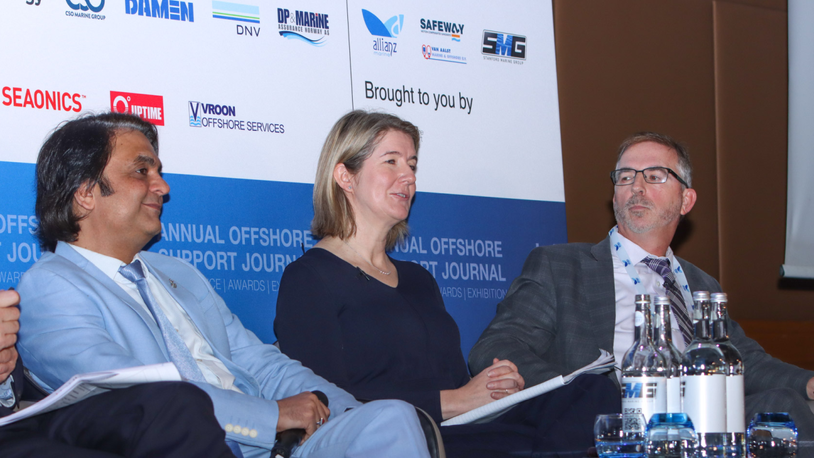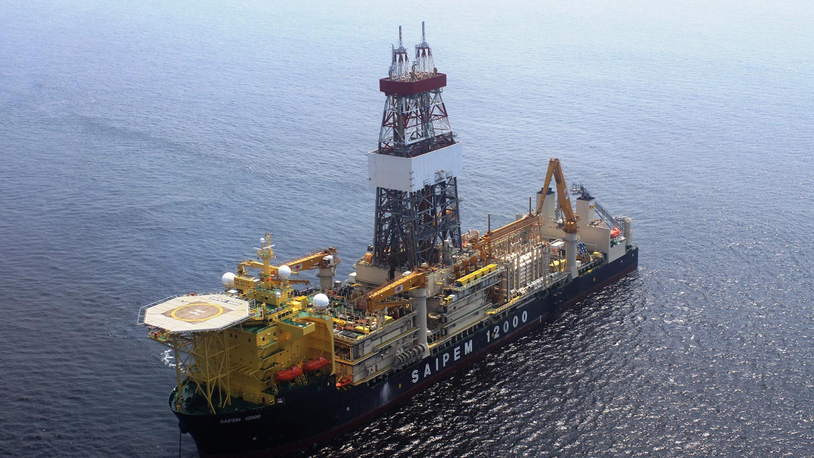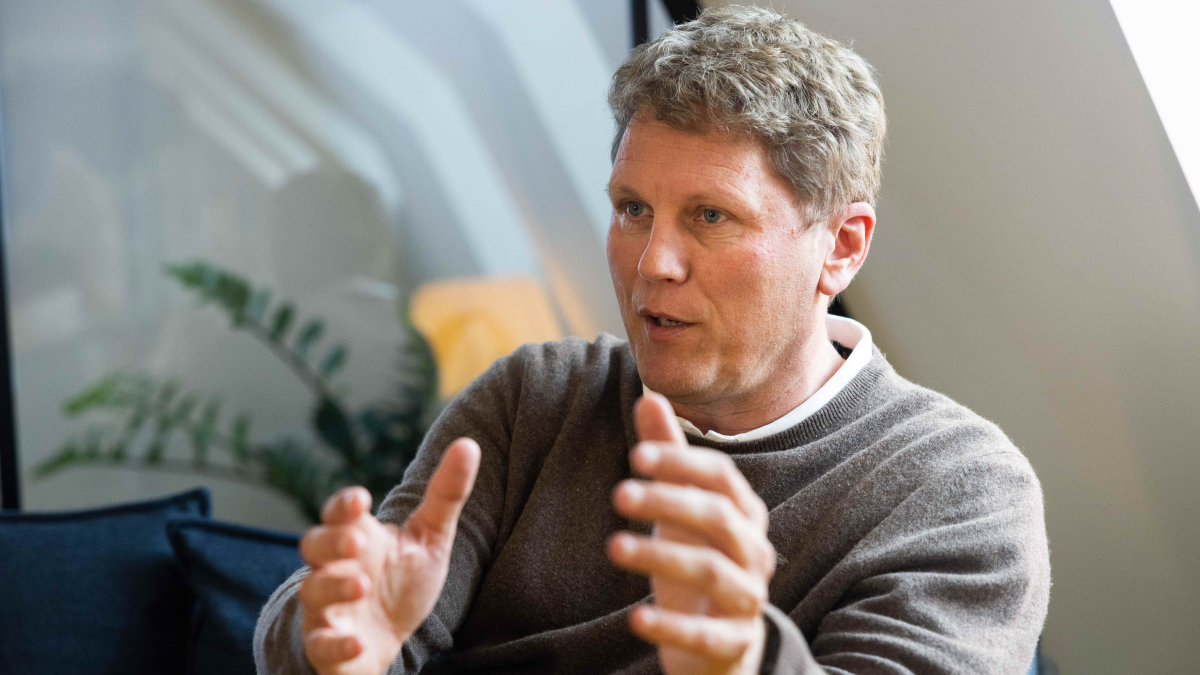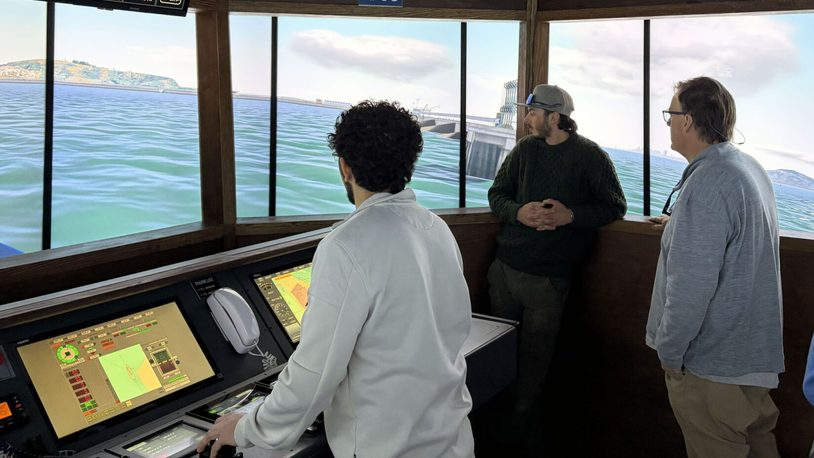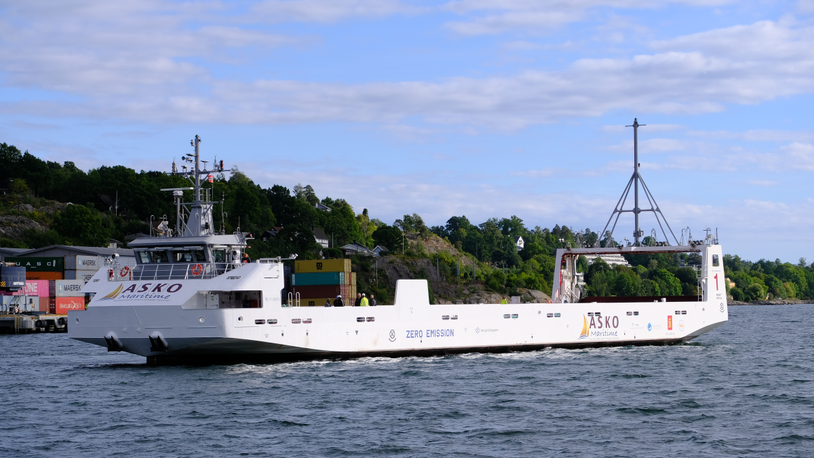Business Sectors
Events
Floating energy: successfully unlocking stranded gas using FLNGs and FSRUs
Contents
Day of the Seafarer: communications vital for crew welfare
On IMO’s Day of the Seafarer, satellite communications companies are highlighting the importance of maintaining crew welfare on board
There are more than 200,000 seafarers stranded at sea due to global coronavirus lockdowns and travel restrictions who need onboard connectivity to communicate with their families.
It could take many more weeks to repatriate these seafarers back to their homes and to bring fresh mariners on board to support global seaborne trade.
International maritime organisations and shipmanagement groups have called for more assistance from regional and national authorities to enable the hundreds of thousands of crew changes required for optimal and safe on board operations.
This includes Intercargo, which represents the world’s dry bulk shipowners. It estimates 30% of all seafarers on cargo ships are still serving on ships after completing their seafarer employment agreement and at least 5% of all seafarers have been on board for over 12 months in breach of the Maritime Labour Convention. Some have now spent 15-16 months on board.
Intercargo chairman Dimitris Fafalios said there is “an invisible humanitarian crisis is unfolding around us” and the industry “is fortunate it has not yet seen a spate of fatal accidents at sea” because of this. “We are calling on governments, health, maritime and airline authorities together around the world to promptly resolve this untenable situation.” said Mr Fafalios. “We consider the severe effect on the mental health and well-being of seafarers, but also the very real danger to safe operations posed by exhausted and mentally fatigued crew on board.”
To improve crew welfare, Inmarsat has extended a discount for crew voice calling services for up to 40,000 ships for another month until the end of July. This is available to Inmarsat’s retail customers using FleetBroadband and Fleet Xpress ChatCard voice services. It is also available to wholesale partners offering FleetBroadband voice calls under the legacy Crew Calling SQT brand.
Inmarsat is also working with crew healthcare specialist Vikand and software platform provider FrontM to provide a free Covid-19 video call service with a trained health professional until the end of July. This is active on more than 200 vessels.
In addition, Inmarsat has worked with maritime charities, such as Sailors’ Society and International Seafarers’ Welfare and Assistance Network, with connectivity for free, confidential, multilingual mental health support and assistance.
- Coronavirus: Inmarsat expands seafarer welfare
- Crowley invests in enhanced connectivity for fleet communications
- Covid-19 forces shipping to adopt digitalisation
These services use onboard satellite terminal hardware from suppliers such as Intellian, Cobham Satcom and KNS.
On 25 June, Cobham Satcom director of maritime broadband Jens Ewerling highlighted the importance of ship-to-shore communication, including the Global Maritime and Safety Distress System (GMDSS) and broadband on seafarer safety.
“Mental health is becoming more widely acknowledged, with the installation of a reliable and high-speed internet connectivity at sea providing seafarers with the ability to reach out to friends, family and loved ones,” says Mr Ewerling.
But not all seafarers have the ability to speak with their family and friends through this connectivity. “The recent plight of those who have been unable to see family for months on end should increase the urgency for new regulation to ensure vessel owners, and those with a duty of care, facilitate crew connectivity,” said Mr Ewerling.
Shipmanagement Synergy Group chief executive and founder Captain Rajesh Unni is also concerned about seafarer mental health caused by coronavirus lockdowns. He wants to see action from global politicians and travel groups. “Shipping needs help from our political leaders so that we can help our seafarers return home,” Capt Unni said. “The situation has been exacerbated and prolonged by the inaction of politicians and cruelties of bureaucracy which are preventing crew changeovers,” he explained. “We need crew source countries to help us help their citizens.”
“We need a systematic approach to crew changeovers, not ad hoc sticking plasters. We need airports opened up, and aircraft landing slots and clearances granted with far more urgency. We need visas to be fast-tracked. And, more than anything, we need politicians and civil servants to help us cut through the red tape.”
Riviera is hosting a series of webinars on Maritime Communications from 20 July covering all aspects of ship connectivity and crew welfare, for more details click here
Related to this Story
Events
Maritime Regulations Webinar Week
Floating energy: successfully unlocking stranded gas using FLNGs and FSRUs
© 2024 Riviera Maritime Media Ltd.


